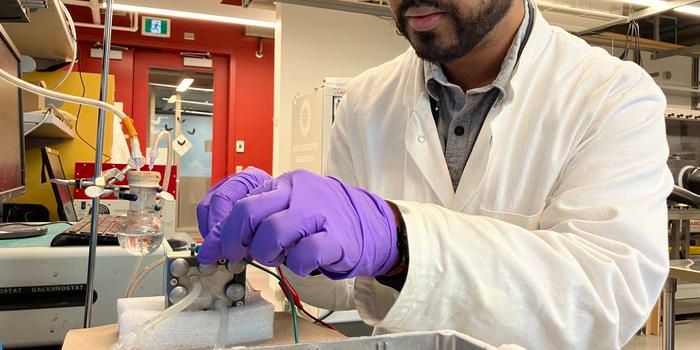Rocket Lab Successfully Sends its Electron Rocket Into Orbit
A United States-based spaceflight startup dubbed Rocket Lab became a popular sensation last year after successfully launching the Electron Rocket for the first time. But as of this weekend, the firm touts a second successful launch.
Image Credit: Rocket Lab
Just like the first Electron Rocket that took off in 2017, the second ignited from the firm’s New Zealand-based launch pad on Saturday at approximately 8:43 P.M. Eastern time. More importantly, this rocket made it into orbit around the Earth, while the first one had not.
“Electron is orbital,” the firm announced from its Twitter account. “Successful payload deployment.”
The Electron Rocket is a first-of-its-kind rocket system. Not only is it just a quarter of the size of SpaceX’s Falcon 9, but Rocket Lab says they manufacture the Electron Rocket out of 3D-printed components.
Cost efficiency marks one of the primary reasons why the Electron Rocket exists. Smaller rockets of this nature use less fuel to reach space, but the Electron Rocket’s 3D-printed infrastructure slashes costs even more and makes spaceflight more readily accessible to additional consumers.
As you can probably imagine, dwarf-sized rockets like the Electron Rocket can only send smaller payloads into space. The lower price tag makes deploying smaller spacecraft like CubeSats and SmallSats more practical, which is ideal for furthering scientific research. And that’s precisely what the Electron Rocket did this weekend after reaching for orbit around our planet.
“Today marks the beginning of a new era in commercial access to space,” Rocket Lab CEO Peter Beck said in a statement. “We’re thrilled to reach this milestone so quickly after our first test launch.”
“Reaching orbit on a second test flight is significant on its own, but successfully deploying customer payloads so early in a new rocket program is almost unprecedented,” he continued. “Rocket Lab was founded on the principle of opening access to space to better understand our planet and improve life on it. Today we took a significant step towards that.”
Related: SpaceX's Falcon Heavy rocket stands tall at launch pad 39A
Rocket Lab intends to analyze the data from this weekend’s successful launch to discern what they might be able to improve for next time. Assuming everything goes well, perhaps rocket launches of this nature could occur more frequently than they have been.
It should be interesting to see how Rocket Lab might change the spaceflight industry; more specifically, how these reduced costs might re-shape the way we explore outer space around our planet.
Source: Rocket Lab









